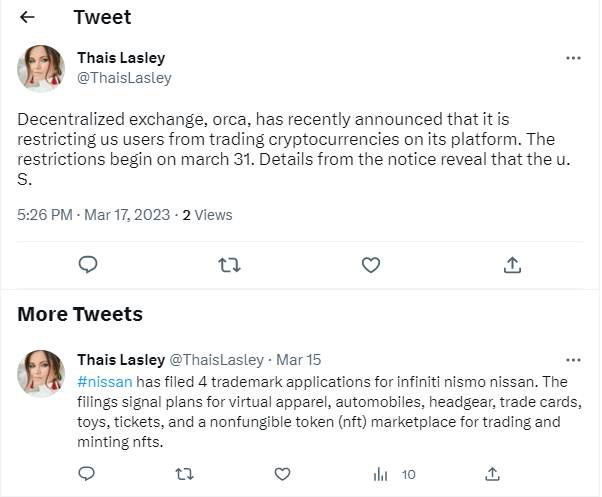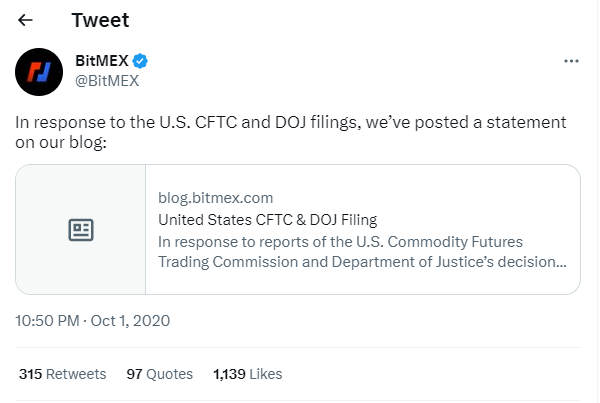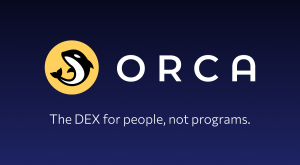Join Our Telegram channel to stay up to date on breaking news coverage
On March 31, Orca, a decentralized exchange, will no longer be available to consumers in the United States. The company has stated that it will add the United States to its list of prohibited regions and countries where conducting business on Orca is illegal. The reason for this decision has yet to be disclosed by Grace Kwan, who co-founded Orca with her husband.
Orca Smart Contract Changes to Affect Users from Certain Jurisdictions
Orca smart contracts are undergoing changes that will impact users from certain jurisdictions, including the United States. However, the change will not affect American users directly interacting with Orca smart contracts. Orca is one of the decentralized exchanges (DEXs) that Jupiter uses to source liquidity for its swap aggregator service. Jupiter’s website could be an alternative for traders who want to interact with Orca smart contracts.

Centralized crypto exchanges not licensed in the U.S. often block American users to avoid the country’s regulators. In contrast, most decentralized exchanges have not followed suit, except for a few exceptions, such as Aggregator 1inch, which began blocking American users in September 2021. Binance DEX also banned U.S. users in June 2019.
Unlike centralized exchanges, DEXs do not have a centralized “back end” or database controlled by the developer. As a result, many users have found that they can circumvent geographical bans in most cases by using a VPN to hide their IP address or by connecting directly to the blockchain through a development tool such as Truffle or Hardhat.
Regulatory Concerns Prompt Overseas Crypto Exchanges to Change Approach, Excluding U.S. Traders
How this shift will impact Orca’s operations, and the user base is still being determined. However, the company’s decision to exclude the United States from its platform may be related to regulatory concerns or compliance issues. It remains to be seen whether Orca will provide further information on this matter.
Overseas cryptocurrency exchanges are keen to attract U.S. traders as clients, but recent enforcement actions by U.S. regulators have made it risky for American residents to engage with them. On October 1, 2022, the United States Commodity Futures Trading Commission filed a complaint against BitMEX for soliciting U.S. residents without proper registration, violating the Commodity Exchange Act. The CFTC’s move is seen as a sign that the agency is serious about cracking down on illegal activities in the crypto industry.

Some believe that the BitMEX complaint is a turning point in U.S. crypto enforcement and that the CFTC will continue to pursue exchanges that solicit orders in the U.S. without proper registration. Others view the complaint as a one-off, given that BitMEX had a history of non-compliance.
However, offshore crypto exchanges are changing their approach in response to the regulatory environment. Jesse Spiro, global head of policy at Chainalysis, suggests that exchanges are taking compliance seriously and working to avoid legal issues.
More New
U.S. Government Takes A Round Of Moves To Clamp Down On The Crypto Sector
Guo Wengui Arrested – Charged with Fraud and $500 Million Crypto Scam
Best Wallet - Diversify Your Crypto Portfolio
- Easy to Use, Feature-Driven Crypto Wallet
- Get Early Access to Upcoming Token ICOs
- Multi-Chain, Multi-Wallet, Non-Custodial
- Now On App Store, Google Play
- Stake To Earn Native Token $BEST
- 250,000+ Monthly Active Users
Join Our Telegram channel to stay up to date on breaking news coverage


